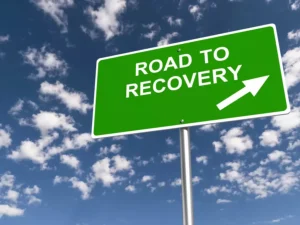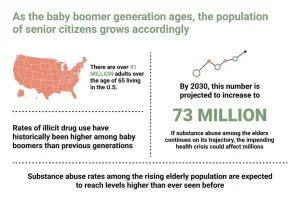
Doubtless, 99.9 percent of us would love the opportunity to wave a magic wand and have tough relational issues resolved with no risk of hurt feelings, misunderstandings, or distress. Some individuals, however, have a particularly hard time when it comes to their emotions … especially the “negative” ones that they worry are wrong, “bad”, or potentially how to deal with someone who avoids conflict hurtful to someone else. “A lot of people anticipate that talking about how they feel is going to be a confrontation,” psychologist Jennice Vilhauer told the New York Times. To hear some tell it, we are experiencing an epidemic of conflict avoidance, finding new ways to walk away from conflict rather than engaging in interpersonal conflict resolution.

What is conflict avoidance a symptom of?
Please donate today to help us save, support, and change lives. Resolving conflict is impossible if you’re unwilling or unable to forgive others. Resolution lies in releasing the urge to punish, which can serve only to deplete and drain your life. When you really listen, you connect more deeply to your own needs and emotions, and to those of other people. Listening also strengthens, informs, and makes it easier for others to hear you when it’s your turn to speak. You shut down, space out, and show very little energy or emotion.
What is conflict?

Over time, you can become more comfortable meeting and sharing needs without feeling overwhelmed or dysregulated. Step by step, you can learn how to break free from your habitual avoidant behaviors developed from childhood. Attachment theory suggests that our relationship patterns are significantly influenced by our formative interactions with our earliest caregivers. These early experiences unconsciously lay the groundwork for how we approach intimacy, resulting in secure, anxious, avoidant, or fearful attachment styles. In particular, the avoidant attachment style is commonly characterized by hyper-independence, conflict avoidance, and emotional distance.
- Many people dislike conflict, but in some cases, conflict avoidance can harm your relationships and health.
- If you’re afraid of conflict, it can become a self-fulfilling prophecy.
Are You Conflict Avoidant or Conflict Seeking?
- The necessity for leaders to learn healthy coping mechanisms to handle workplace conflict cannot be understated.
- But you wouldn’t want to give that up, nor likely would you give up the fact that you care so much about relationships.
- Attachment theory suggests that our relationship patterns are significantly influenced by our formative interactions with our earliest caregivers.
- When people use this strategy to consciously or unconsciously avoid something that causes them anxiety, they usually create a situation where they need to face it more.
Sharing a life with a partner who is self-serving and hurtful may not be worth it. If you’d like to learn more about relationships, check out our in-depth interview with Liana Georgoulis, PsyD. When we try to think our way out of bad situations to avoid getting hurt, we become engaged in trying to think of a solution rather than acting on one. The stress only piles on it we were ultimately unable to perform the task or job well because we had not left ourselves enough time. While some people work well with a deadline looming, it generally isn’t the least stressful way to tackle something.

When handled in an unhealthy manner, it can cause irreparable rifts, resentments, and break-ups. But when conflict is resolved in a healthy way, it increases your understanding of the other person, builds trust, and strengthens your relationships. When conflict is mismanaged, it can cause great harm to a relationship, but when handled in a respectful, positive way, conflict provides an opportunity to strengthen the bond between two people. Whether you’re experiencing conflict at home, work, or school, learning these skills can help you resolve differences in a healthy way and build stronger, more rewarding relationships. After all, two people can’t be expected to agree on everything, all the time. The key is not to fear or try to avoid conflict but to learn how to resolve it in a healthy way.
What did ICJ ruling mean in South Africa’s genocide case against Israel?
- Unaddressed anger and resentment can fester, potentially resulting in a sudden and unexplained explosion over something minor and even unrelated.
- And now I’m in this really conflict-avoidant culture where I have to sort of tamp that down a bit.
- Minor ruptures are easily repaired and both people move forward with a greater understanding of each other.
- Avoidance coping involves trying to avoid stressors rather than dealing with them.
By building up your emotional intelligence, awareness, and capacity, you can welcome unconditional self-love to reduce feelings of shame. If you have an avoidant attachment style, there’s a tendency to nurture insecure relationships that enable emotional distance. The level of closeness needed to deepen a relationship may feel like too much, causing you to feel shut down and overwhelmed. Let’s explore the origins of the avoidant attachment style and explore ways to heal and overcome its challenges in adulthood. In that case, I would probably set up a time to meet with you, again, when we don’t have a lot going on.

Best Online Therapy Platforms We Tried and Tested
How do you respond to conflict?



Recent Comments